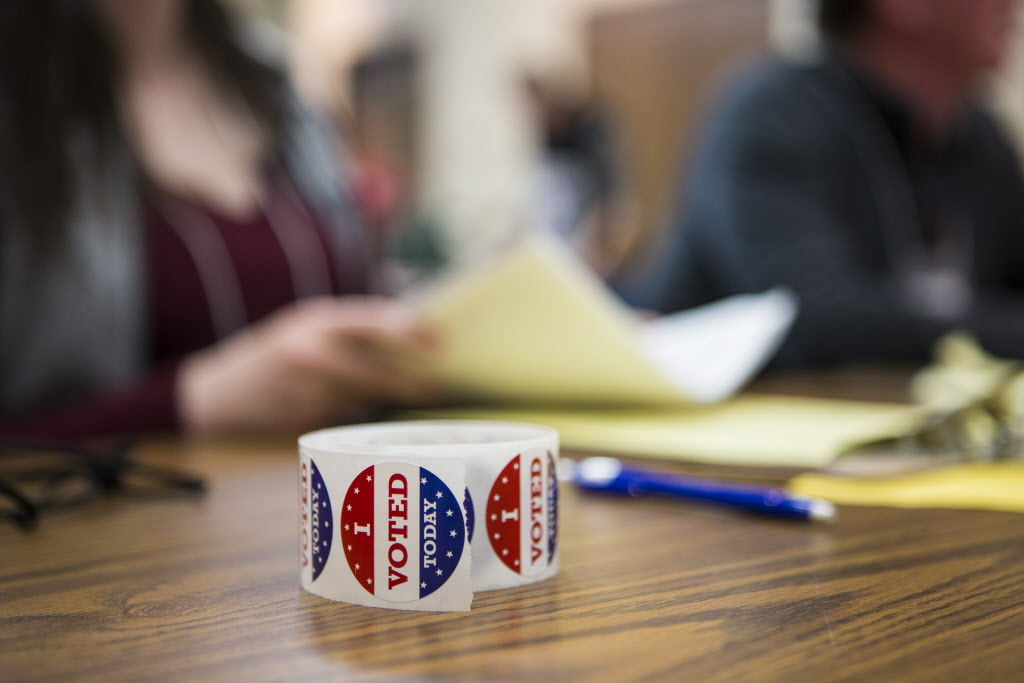The Wisconsin Elections Commission voted unanimously to approve sending an absentee ballot application to some 2.7 million voters, pending a handful of changes to the language in the documents.
The commission yesterday also deadlocked along partisan lines on a request to explicitly ban ballot harvesting, setting the stage for a potential legal challenge of the commission's interpretation of how ab...
Please log in to access subscriber content.
If you don't have a subscription, please contact schmies@wispolitics.com for subscription options on the WisPolitics-State Affairs platform, which is the new home for WisPolitics subscriber products.


